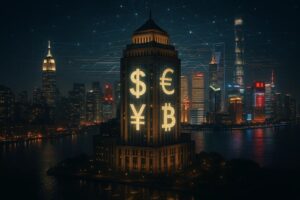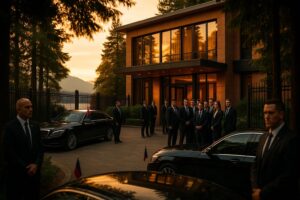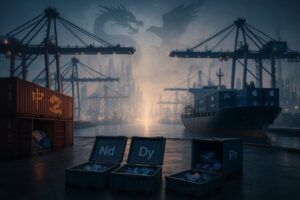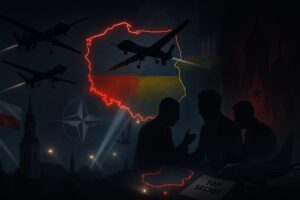For decades, credit rating agencies have been regarded as some of the most important players in the global financial market, but their role continues to spark heated debate. For some, they are professional institutions without which investors would be navigating in the dark, while for others – a cartel-like mechanism that shapes markets more than it describes them. One only needs to recall the 2008 crisis, when AAA ratings for toxic financial instruments turned into a disaster. Critics argue that the decisions of Moody’s, S\&P or Fitch are not only economic but also political – deliberate downgrades can serve as a tool of pressure on governments and as a signal for speculators. Is this still an assessment, or already interference in the sovereignty of states? Take part in the poll and decide for yourself.
Category: Economy
The “Economy” category features polls focused on current economic issues and transport-related matters. Topics include inflation, fuel prices, cost of living, labour market, transport infrastructure, logistics and policy decisions at national and international level. The surveys reflect public sentiment and user assessments of ongoing economic developments.
-
Connections between Mercosur agribusiness owners and Europe
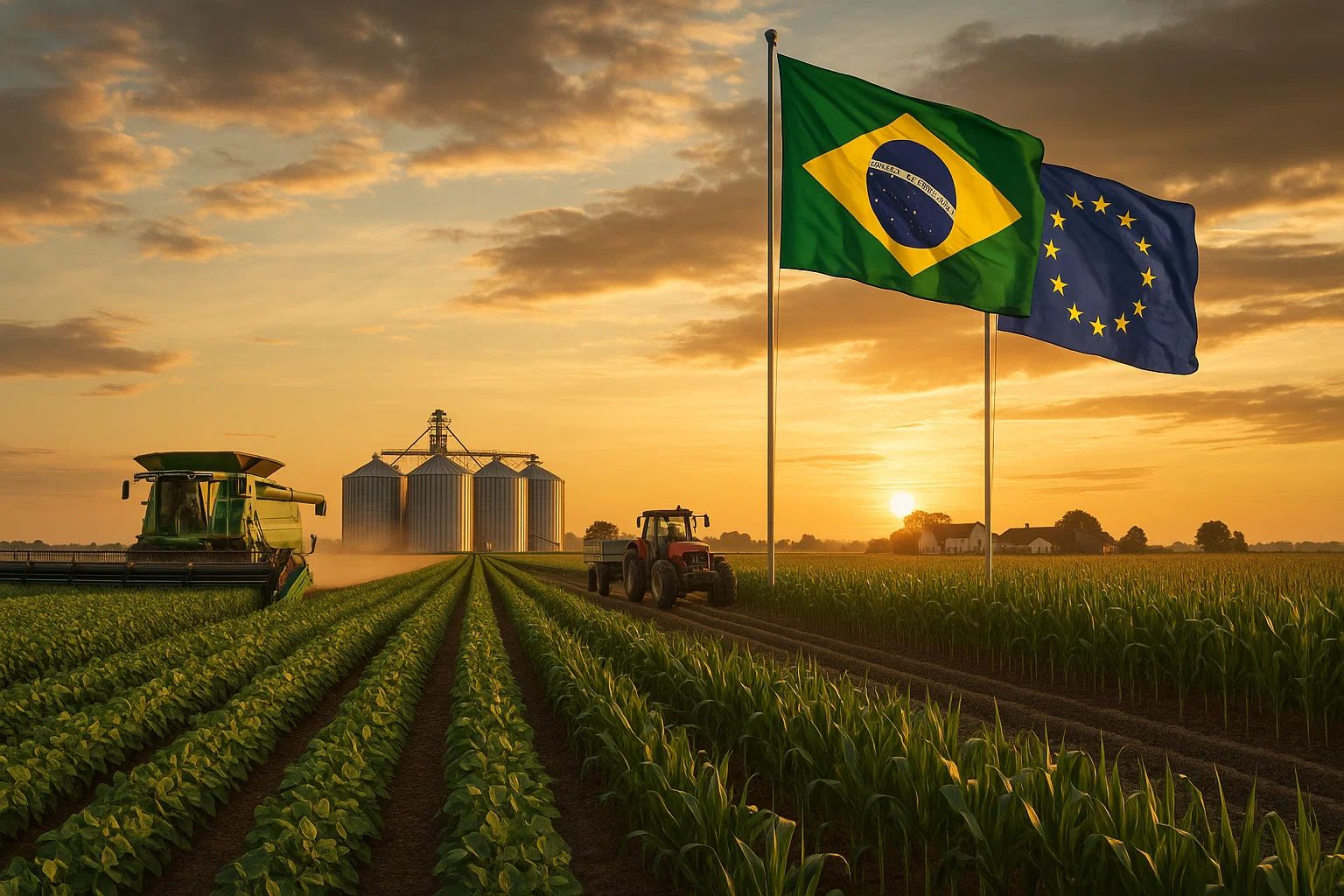
-
Wealth and prosperity vs fertility – a natural correlation or the result of manipulation?

-
Digital money instead of cash – the future of finance or a tool of control?
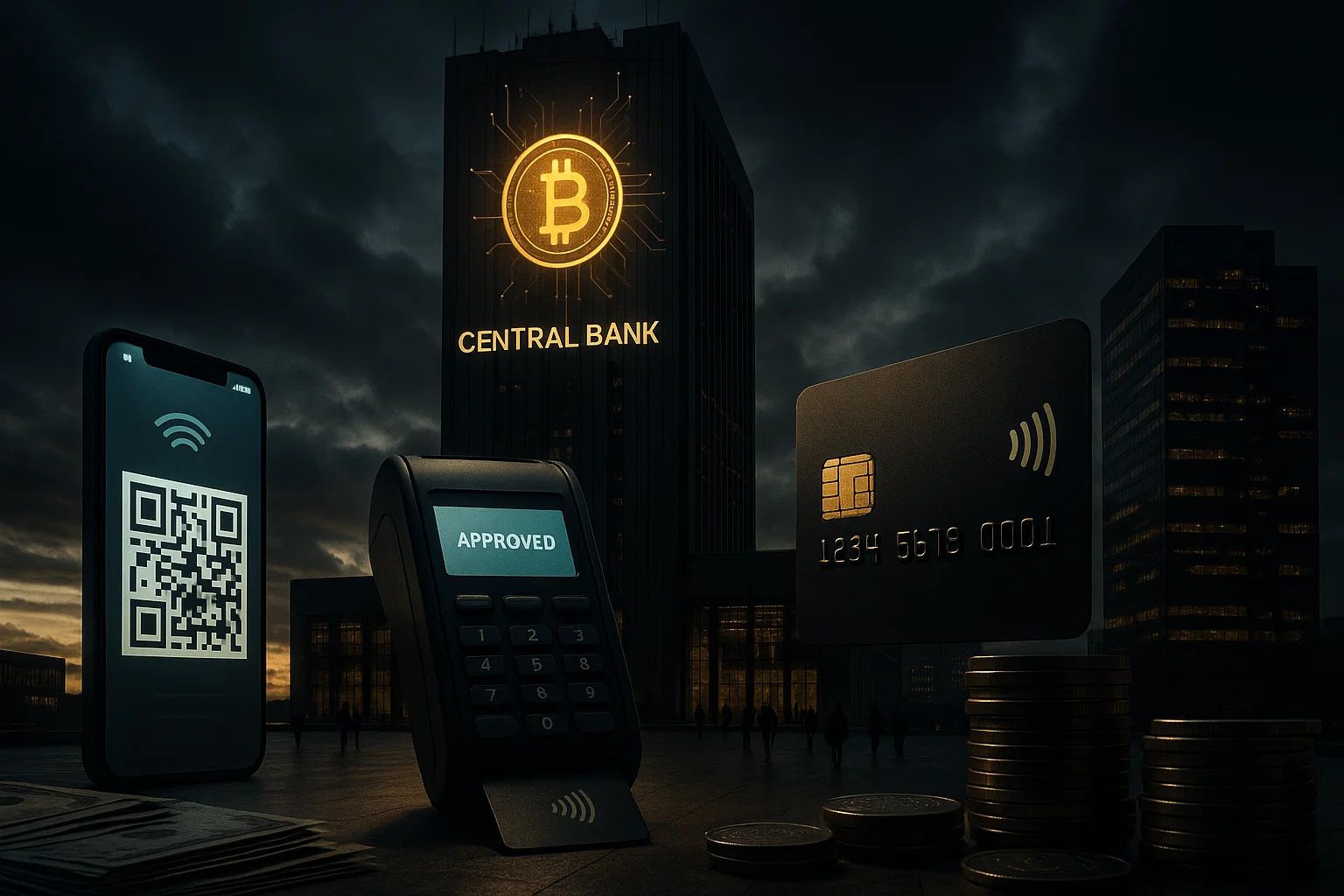
-
Cryptocurrencies – financial freedom, rebellion against the system, or a tool of control?

-
Nord Stream explosion – who really stands behind the sabotage





